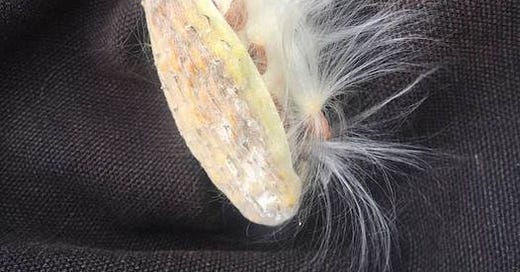A Nude Photo
Yesterday, I asked Richard to take a picture of me naked. I was on the floor on a towel. I’d just had a bath. I’m naked with Richard all the time, and he is naked with me. The first time we had sex, he got out of bed and walked to the bathroom, and I looked at his ass, and I thought, “You walk to the bathroom like a deer walks wherever a dee…
Keep reading with a 7-day free trial
Subscribe to Everything is Personal to keep reading this post and get 7 days of free access to the full post archives.




